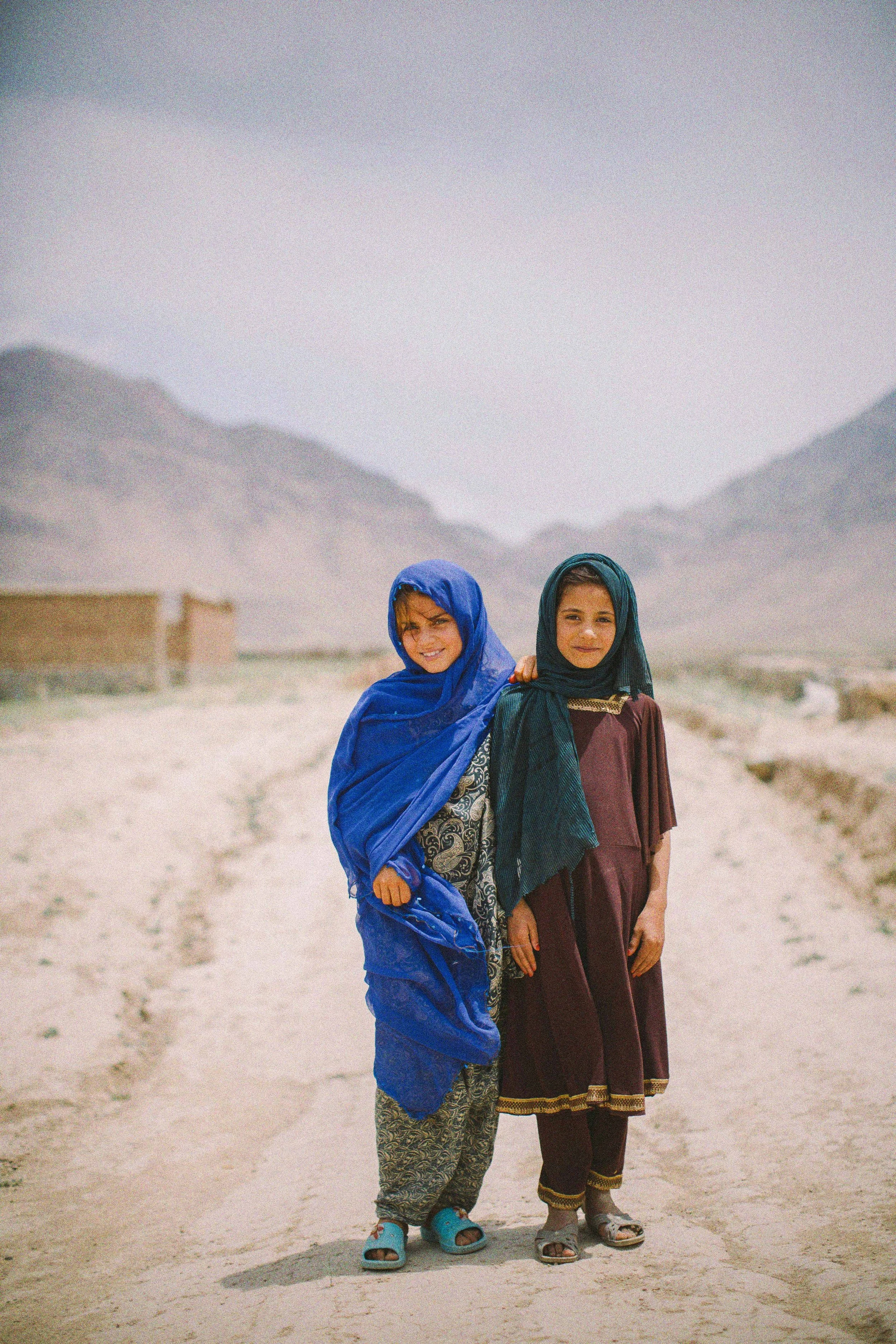CASE STUDY 13
Feminist Climate Resilience for Ecological Defenders
Pakistan

Context
Pakistan faces recurring extreme climate events, including the devastating 2022 floods, heatwaves, droughts, glacier lake outburst floods (GLOFs), and the most recent 2025 floods. These events severely disrupt access to SRHR services, especially in remote or conflict-affected areas. Communities are often left without access to contraceptives, prenatal care, or safe abortion services. Climate disasters also increase the risks of gender-based violence and reproductive health complications.
Organization
DASTAK Foundation is an award-winning feminist grassroots organization based in Pakistan, founded by journalist and activist Hira Amjad. They work at the intersection of climate justice, sexual and reproductive health and rights (SRHR), and feminist movement building. DASTAK emerged from an online platform for survivor advocacy and evolved into a nationally recognized organization supporting survivors of sexual and gender-based violence, ecojustice defenders, menstruators, and pregnant persons in climate-vulnerable areas across Pakistan.
Approach
DASTAK Foundation launched the FIERCE program (Feminist Initiative for Environmental Resilience, Collective Care, and Well-being of Ecojustice Defenders) following a national scoping study across ten climate-vulnerable districts. The study highlighted emotional and physical challenges faced by frontline ecojustice defenders, many of whom are women supporting their communities through multiple climate crises. DASTAK employs storytelling, emotion, and participatory narrative methods to inform and guide advocacy. Their REST Manifesto reframes burnout and mental exhaustion that women ecojustice defenders face as systemic challenges requiring policy-level solutions. FIERCE bridges gaps between local defenders and formal policy spaces, showing that feminist care models are essential to effective climate resilience.
The FIERCE initiative includes:
Distribution of dignity and prenatal kits during floods and heatwaves.
Mental health support and community healing spaces for ecojustice defenders through the REST Manifesto.
Convenings for defenders to practice disaster preparedness and collective care using DASTAK Foundation’s ecologies of rest model.
Policy advocacy with District Disaster Management Authorities to include SRHR in local disaster response.
Results to Date
20,000+ menstruators and 500 pregnant persons reached with emergency dignity and prenatal kits during the 2022 floods.
Co-creation of Pakistan’s first REST Manifesto with ecojustice defenders, spotlighting collective care as a climate resilience strategy.
Increased visibility of women ecojustice defenders in district-level policy frameworks and global advocacy space, including the recent technical Gender Action Plan workshops by UNFCCC.
Recognition at the international level, including the Nelson Mandela Award for innovative care-based programming.
“This is not an opportunity. This is a need. We have to support pregnant persons, we have to support menstruators—there’s no other way around it... They can be mothers, teachers—anyone responding to catastrophes in their communities. They deserve to be recognized as environmental human rights defenders.”
HIRA AMJAD
Founder & Executive Director, DASTAK Foundation
PDF Resilience Rising: Case Studies of Impact at the Climate-SRHR Nexus Across South Asia


